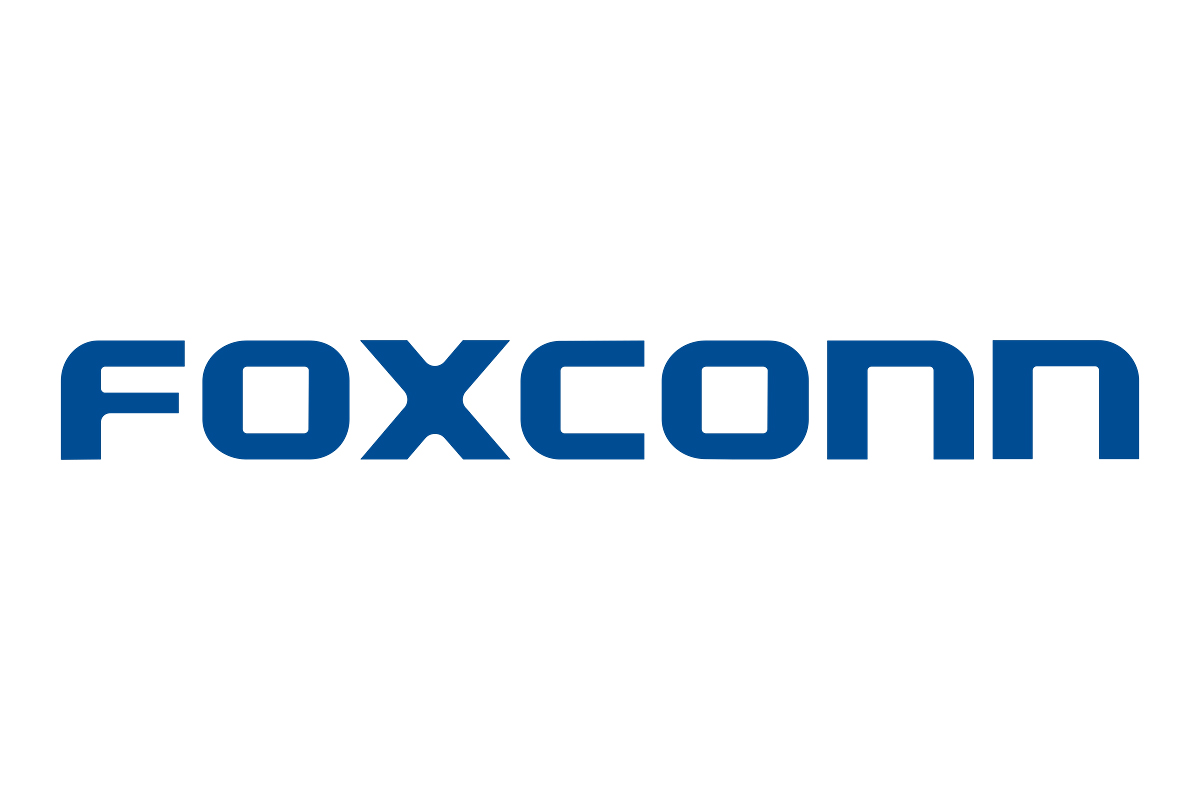Foxconn's Strategic Expansion Amid Tariff Challenges
Foxconn anticipates minor impacts from U.S. President-elect Donald Trump's tariff plans due to its diverse global manufacturing footprint. Leveraging facilities in China, the U.S., Mexico, and Vietnam, Foxconn remains poised to adapt its strategies when tariffs become clearer post-January 20. The company highlights regional manufacturing as a growth opportunity in Mexico.

Foxconn is bracing itself for potential impacts from U.S. President-elect Donald Trump's proposed tariffs, which could levy a 25% charge on Mexican and Canadian goods and a 10% tariff on Chinese imports. However, the Taiwanese contract manufacturing giant remains optimistic about mitigating the fallout due to its widespread global operations.
During a forum in Taipei, Foxconn chairman Young Liu highlighted the company's strategic advantage, noting that any adverse effects are more likely to burden its clients rather than Foxconn directly. While companies might consider shifting production sites, Liu believes Foxconn's international presence provides a buffer against competitors.
Foxconn's adaptive measures include significant investments in the U.S., Mexico, and Vietnam to enhance its supply chain diversification. In Mexico, the firm is establishing a major facility for Nvidia's AI servers. Liu emphasized the evolving landscape of international business as a 'game between nations,' necessitating a flexible global strategy to navigate the uncertain tariff environment.
(With inputs from agencies.)










